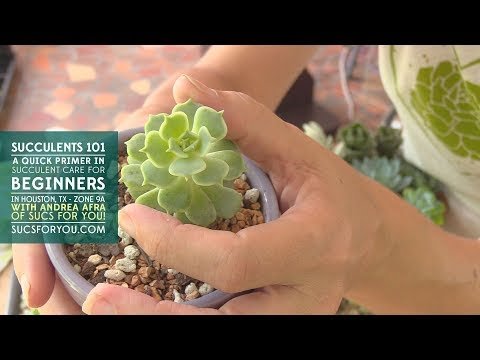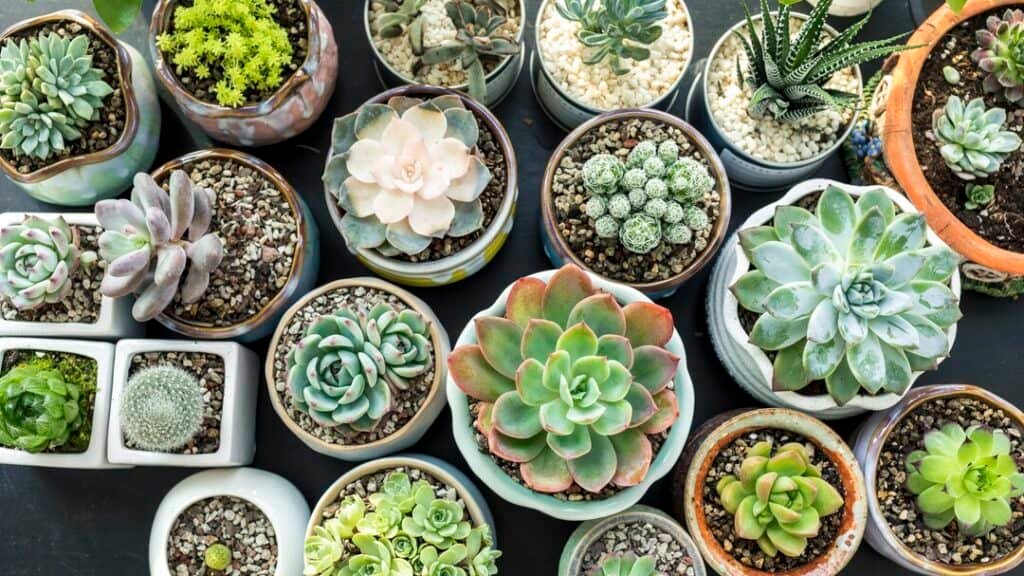
Are you looking for plants to add a splash of green and life to your indoor decor?
Or do you want to learn about some of the best succulent plants that are perfect for indoor gardening?
Look no further!
This blog will recommend 6 succulent plants that are perfect for both decoration and gardening.
Read on to learn more about each of these plants, as well as how to care for them properly.
So whether you’re in the mood to add some greenery to your home or want to learn about some of the best succulent plants for indoors, this blog is definitely for you!
Best Succulent For Indoors
What are succulents?
Succulents are a class of plants known to hold water in their leaves.
Most species and genera have large, meaty leaves, but some have even thicker leaves than others.
Succulents prefer dry environments and don’t do well in high humidity levels.
The best development and flowering will be achieved with proper watering, just like with any other plant.
While they do require water to survive, they can withstand prolonged droughts by relying on the nutrients and water that are stored in their leaves.
If their roots are left in water for an extended period of time, they will begin to rot and die.
4 Best Succulent For Indoors
We have a few recommendations for you that don’t harm your home and are easy to care for – you can just water and enjoy!
Donkey’s Tail
Also known as Burro’s Tail (Sedum morganianum), this trailing succulent looks best in a hanging basket or container that is placed on a ledge, shelf, or plant stand so it can hang over.
Each three-foot-long stalk is crammed with gray-green leaves that resemble plump grains of rice in size and form.
The leaves have a light sheen that disappears when you touch them, making your fingerprints visible.
It’s essential to keep your distance from this plant as much as possible because it has delicate leaves that are prone to dropping off.
A native of Mexico, this adorable succulent performs best in bright light.
Prices pulled from the Amazon Product Advertising API on:
Product prices and availability are accurate as of the date/time indicated and are subject to change. Any price and availability information displayed on [relevant Amazon Site(s), as applicable] at the time of purchase will apply to the purchase of this product.
Jade Plant
For good reason, the jade plant (Crassula ovata) is a traditional favorite: it grows easily!
When cultivated in full sun, this long-lived South African native develops stocky, branching stems with thick, glossy green leaves that are occasionally tinted with red around the edges.
Some cultivars feature unusual-looking leaves, such the “Gollum” variety, which has leaves that resemble green monster fingers.
Jade plants can grow to be several feet tall over time, but when planted indoors, they often stay around a foot tall.
Planting them in a sturdier pot, like as terra cotta, is a good idea because they can become a little top-heavy.
A jade plant needs its soil to be fully dry between waterings in order to thrive.
Prices pulled from the Amazon Product Advertising API on:
Product prices and availability are accurate as of the date/time indicated and are subject to change. Any price and availability information displayed on [relevant Amazon Site(s), as applicable] at the time of purchase will apply to the purchase of this product.
Snake Plant
This traditional succulent houseplant appears to be practically unbreakable.
Sansevieria trifasciata, or snake plants, may persist for weeks without water or light without losing their attractiveness.
Their roughly three-foot-long, thick, rigid, pointed leaves frequently have snake-like patterning and grow straight up.
It will eventually grow into a large clump that fills the entire pot, but it is simple to divide and repot as necessary.
Despite tolerating low light, snake plants look their best in medium to bright light.
Additionally, they value a little water anytime the soil appears to be dry.
Prices pulled from the Amazon Product Advertising API on:
Product prices and availability are accurate as of the date/time indicated and are subject to change. Any price and availability information displayed on [relevant Amazon Site(s), as applicable] at the time of purchase will apply to the purchase of this product.
Panda Plant
Although there are many different varieties of Kalanchoe plants, the panda plant (Kalanchoe tomentosa) is easily recognized.
Panda plants are endemic to Madagascar and have fuzzy, gray-green leaves that are topped with brown or rust-colored dots and covered in silky, silvery hairs.
As a houseplant, they can grow to a height of around two feet, although they develop extremely slowly.
Allow the soil to dry between waterings and place it near a window for good light.
Avoid watering the plant’s leaves, as doing so could cause the leaves to rot.
Prices pulled from the Amazon Product Advertising API on:
Product prices and availability are accurate as of the date/time indicated and are subject to change. Any price and availability information displayed on [relevant Amazon Site(s), as applicable] at the time of purchase will apply to the purchase of this product.
How to care for these succulent plants?
Once you have all of the supplies, it’s time to plant your succulent.
If you don’t have an idea what succulent plants you want to cultivate, you may be able to read our article here: The Easiest Plant Choices According to Experts for Succulent Indoor Garden Ideas.
Make sure to read the care instructions that come with your succulent before doing so, as there are various ways to care for them.
So go ahead, plant a succulent in your home and enjoy its beauty and unique personality!
Conclusion
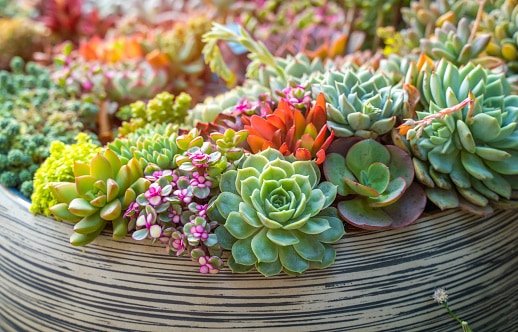
We’re excited to share with you our top recommendations for succulent plants that are perfect for indoor growing.
Our succulent plants are low maintenance, easy to care for, and will add beauty and charm to any room.
So, if you’re thinking of adding succulent plants to your indoor garden, make sure to check out our list of the best succulent for indoors gardening.
Let us know your thoughts below!

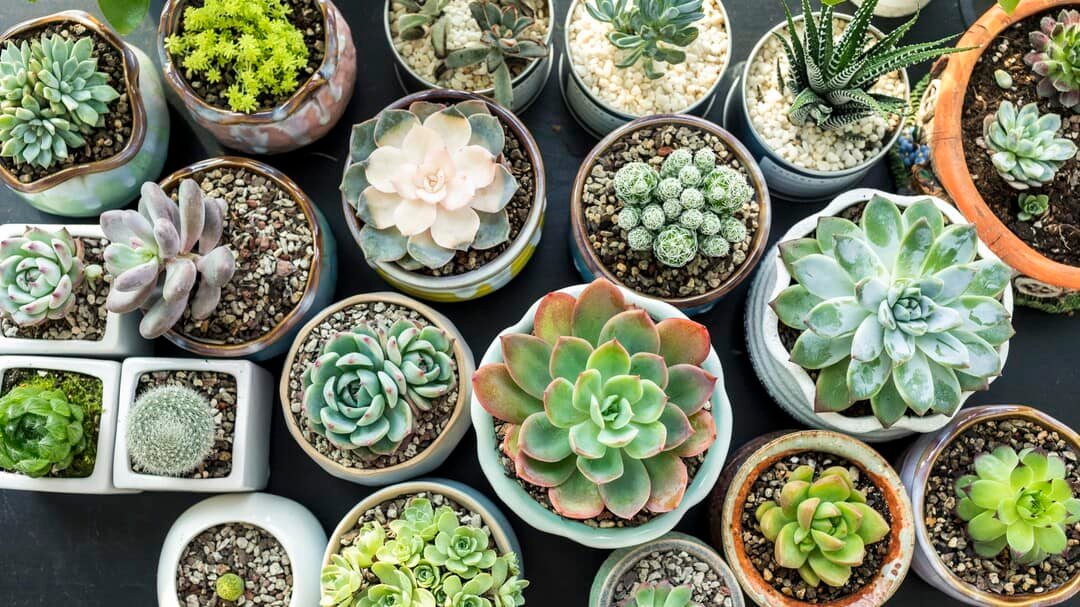


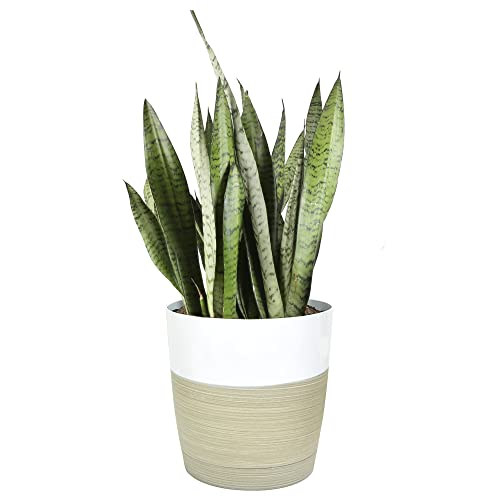


![Succulents Grow Light Types: Which One is Best [2022] 3 succulents grow light](https://knowngarden.com/wp-content/uploads/2022/07/grow-light.png)
